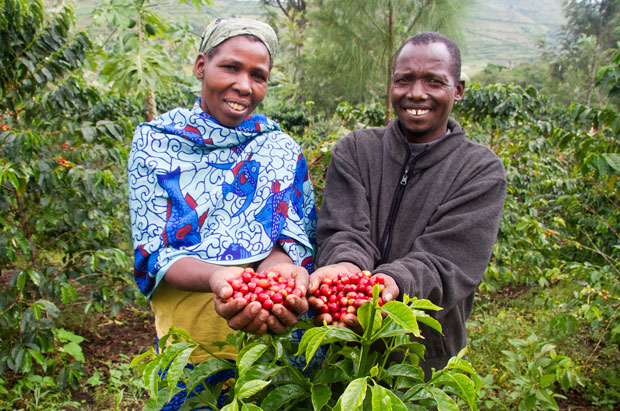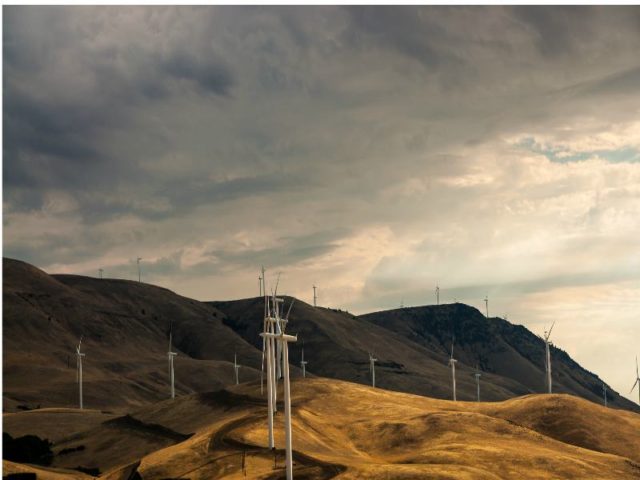
By Kofi Annan
Despite its huge agricultural potential, Africa spends around US$35bn each year on food imports. This number may rise above US$110bn by 2025 due to rapid population growth, changes in dietary habits and the increasingly severe impacts of climate change. The lack of food sustainability, as well as food and nutrition insecurity in sub-Saharan Africa, is likely to aggravate unless bold action is taken on six key issues.
The need to boost farming productivity
First, smallholder farmers’ productivity has to rise significantly, as a large majority of Africans rely on agriculture for their livelihoods. African crop yields are amongst the lowest in the world due to poor seeds and degraded soils, a lack of fertiliser and other essential inputs, and insufficient mechanisation and transport infrastructure. A shift from farming as a subsistence activity to farming as a business is needed and has to be matched with the right set of policies, institutions and investments.
Encouragingly, exciting progress is being made. For example, African research institutes—with the support of the Alliance for a Green Revolution in Africa—have developed within a decade more than 600 new crop varieties. Seed companies are now producing more than 130 metric tonnes of seeds for approximately 15m farmers.
Second, and related to the first point, as smallholder farmers lack the means to adapt to rising temperatures and adverse weather events such as droughts and floods, there is a critical need to strengthen the ability of farming communities to cope with the impacts of climate change. Investing in weather forecast systems, insurance schemes, efficient irrigation technology and heat- or drought-tolerant crop varieties can help boost farm productivity under increasingly severe climate conditions.
Third, leveraging the transformation of African agriculture and raising productivity levels requires a reform of customary land-tenure systems. Smallholder farmers with weak and insecure tenure rights are under threat of being evicted from their farms and have little incentive to invest in their land. A reform of tenure systems also has to include a consolidation of farm plots to make commercial agriculture viable.
Strengthening value chains, trade and stability
Fourth, there is a need to develop and strengthen agricultural value chains, including agro-processing industries. These bear enormous potential for job creation and value addition. African governments have to adjust their private-sector development and industrial policies in order to attract more agribusinesses and investors. They, in turn, have to link up with smaller farms and related economic sectors and work in close partnership.
Fifth, we have to make every effort to triple intra-African trade in agricultural commodities and services by 2025, one of the goals of the 2014 Malabo Declaration. Compared with other world regions, intra-African food trade is dismally low. The share of trade in agricultural products among African countries that is intra-regional varied between 13% and 20% over the period from 2000 to 2013, while European and Asian countries traded 75% and 63% among their respective regions, respectively. African countries have to remove trade barriers for food and reap the benefits of larger markets.
Finally, we need to recognise that stability and peace are necessary conditions for agricultural development, food security and the long-term sustainability of food systems. In parts of the Sahel and the Horn of Africa, millions of people are at risk of starvation due to violent conflict, radical extremism and insecurity. People are forced to migrate to seek for alternatives to secure their livelihoods. Our efforts to combat hunger have to go hand-in-hand with those to build peaceful and prosperous societies.
The importance of making agricultural systems more sustainable and addressing nutritional challenges is highlighted by the Food Sustainability Index, developed by The Economist Intelligence Unit with the Barilla Center for Food & Nutrition. It is high time that we prioritise agricultural development and work together to tackle the root causes of hunger and poverty. Through my foundation I continue to mobilise the political will to achieve progress on these fronts. If we get this right, Africa will not just be able to feed itself, but to contribute to global food and nutrition security, and therefore more stability throughout the world.












